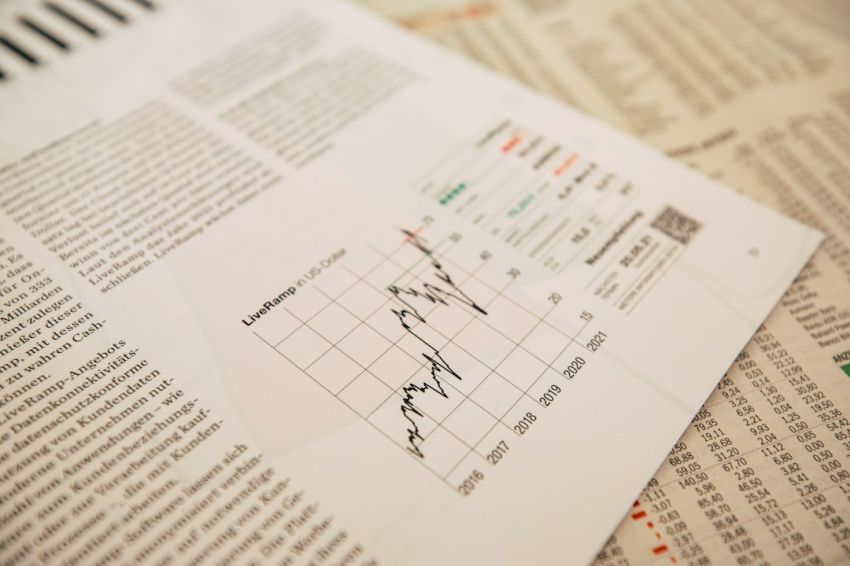Commodities play a crucial role in shaping the global economy, influencing various sectors and impacting consumers worldwide. These raw materials, such as oil, gold, wheat, and copper, are essential for everyday life and business operations. Understanding how commodities affect the global economy is vital for investors, policymakers, and consumers alike.
The Interconnectedness of Commodities and the Global Economy
Commodities are interconnected with the global economy in numerous ways, affecting supply chains, prices, and trade dynamics. Fluctuations in commodity prices can have far-reaching consequences, impacting industries ranging from agriculture to energy. For example, a spike in oil prices can lead to higher transportation costs, affecting the prices of goods and services worldwide. Similarly, changes in the price of agricultural commodities like wheat or soybeans can impact food prices and inflation rates.
Commodities as a Barometer of Economic Health
Commodities often serve as a barometer of economic health, reflecting the overall state of the global economy. Rising commodity prices can indicate strong demand, economic growth, or supply constraints, while falling prices may signal weakening demand, oversupply, or economic downturns. As such, commodity prices are closely monitored by analysts, investors, and policymakers for insights into broader economic trends.
The Role of Commodities in Inflation and Deflation
Commodities play a significant role in inflation and deflation dynamics. Inflation, the general increase in prices over time, can be fueled by rising commodity prices, as production costs increase and businesses pass on these costs to consumers. On the other hand, deflation, the decrease in prices, can result from falling commodity prices, leading to lower production costs and reduced consumer spending. Central banks closely monitor commodity prices as part of their efforts to maintain price stability and manage inflation rates.
Commodities and Currency Markets
Commodities are closely linked to currency markets, with fluctuations in commodity prices impacting exchange rates and currency valuations. Countries that are major exporters of commodities, such as oil-producing nations, can see their currencies strengthen or weaken in response to changes in commodity prices. For example, a decline in oil prices can lead to a depreciation of the currency of an oil-exporting country, affecting its trade balance and economic stability. Currency traders often track commodity prices as part of their analysis of exchange rate movements.
Commodities and Geopolitical Risks
Commodities are also influenced by geopolitical risks, such as conflicts, trade disputes, or natural disasters, which can disrupt supply chains and impact prices. Geopolitical tensions in key commodity-producing regions, such as the Middle East or South America, can lead to supply disruptions and price volatility. Investors and businesses must factor in geopolitical risks when assessing the impact of commodities on the global economy and making investment decisions.
The Future of Commodities in the Global Economy
The future of commodities in the global economy is likely to be shaped by technological advancements, sustainability concerns, and changing consumer preferences. Innovations in renewable energy sources, such as solar and wind power, could reduce the demand for traditional commodities like oil and coal. Similarly, growing awareness of environmental issues may drive demand for sustainable and ethically sourced commodities. As the global economy evolves, the role of commodities is expected to undergo significant changes, presenting both challenges and opportunities for businesses and economies worldwide.
In conclusion, commodities have a profound impact on the global economy, influencing various aspects of trade, inflation, currency markets, and geopolitical stability. Understanding the interconnectedness of commodities and the global economy is essential for policymakers, investors, and consumers to navigate the complex dynamics of the commodities market and its implications for the broader economy. As the world continues to evolve, the role of commodities in shaping the global economy is likely to remain a key factor in driving economic growth and sustainability.










